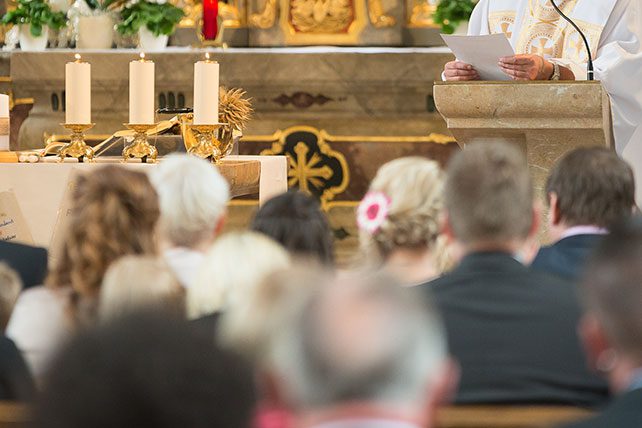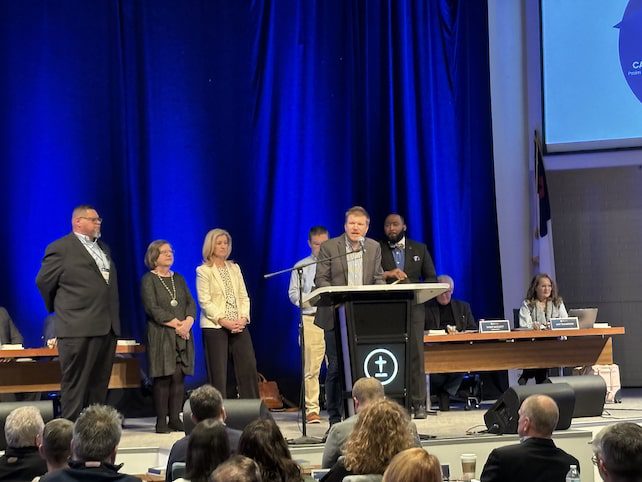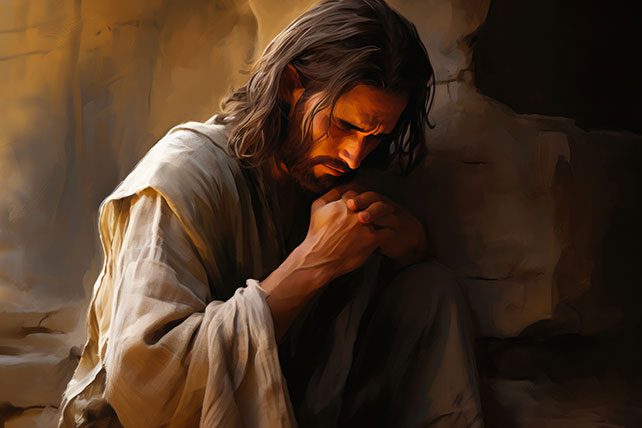The phrase fearfully and wonderfully made from Psalm 139:14 has resonated through ages, and offers profound insight into our creation and existence. This single verse encapsulates a deep acknowledgment of God’s intricate craftsmanship in forming each individual. It’s a message of identity, worth, and divine intention that is both uplifting and humbling.
The Meaning of Psalm 139:14
Psalm 139 is a beautiful ode to God’s omnipresence and omniscience, penned by David, the shepherd king. Verse 14 stands out as a moment of personal revelation and worship: “I praise you because I am fearfully and wonderfully made; your works are wonderful, I know that full well.”
Fearfully Made
To be “fearfully” made does not imply a creation in terror but denotes a sense of awe and reverence towards the complexity and the meticulous detail involved in human creation. It reflects a deep respect for the Creator’s wisdom and power, acknowledging that every aspect of our being is crafted with intention and care.
Wonderfully Made
“Wonderfully” made suggests that our creation is not just intricate but also marvelous. It speaks to the unique beauty and incredible complexity of human life, from our physical bodies to our capabilities for thought and emotion, highlighting the artistic and masterful work of God.
Explaining the concept of being “fearfully and wonderfully made” to a child involves breaking down these complex ideas into simpler, more relatable terms. You might say, “This means that God made each of us very special. He took His time to make you just the way you are, with your smile, your laugh, and even your love for ice cream. ‘Fearfully’ means He made you with so much care and love that we can only say ‘wow’ and be amazed. ‘Wonderfully’ means you are made in an amazing and incredible way, like a masterpiece painting or a beautiful song.”
The Lesson of Psalm 139:14
The lesson of Psalm 139:14 extends beyond a mere appreciation for divine craftsmanship. It invites us to see ourselves and others through God’s eyes—valuable, loved, and purposefully created. This understanding fosters self-esteem, combats feelings of inadequacy, and encourages us to respect the inherent worth in every individual.
Identity and Worth
This verse reassures us of our value in God’s design, reminding us that our worth is not contingent upon worldly achievements, appearances, or the approval of others, but on being creations of God Himself.
Divine Intention
Understanding that we are “fearfully and wonderfully made” also underscores the notion that our lives have purpose. Each person is crafted with specific talents, abilities, and a unique potential that contributes to the world in a way only they can.
The Call to Worship and Gratitude
Finally, Psalm 139:14 is a call to worship and gratitude. Recognizing the marvel of our creation leads to a deeper appreciation for the Creator. It invites us to live our lives in a way that honors the One who made us, nurturing the gifts He has given and treating ourselves and others with the love and respect that befits God’s craftsmanship.
To be “fearfully and wonderfully made” is to acknowledge our creation as a testament to God’s majesty and love. It is a call to view ourselves and each other with awe, respect, and gratitude, recognizing the divine fingerprints on every human soul. As we internalize this message, we learn to celebrate our individuality and the incredible diversity of creation, moving through life with a sense of purpose and reverence for the Creator’s work.
This celebration of divine artistry and individual uniqueness is not just a personal journey but also a communal one. Understanding that each person is “fearfully and wonderfully made” fosters a culture of acceptance and empathy. It encourages us to look beyond external differences and to value the inherent dignity and worth of every human being.
Fostering Acceptance and Unity
In a world often divided by differences, Psalm 139:14 serves as a reminder of our common origin and the meticulous care that went into our creation. This knowledge can bridge gaps between cultures, beliefs, and backgrounds, promoting a sense of unity and shared wonder at the diversity and complexity of human life.
Nurturing Self and Others
Recognizing our divine craftsmanship also implies a responsibility to nurture and care for ourselves and others. Just as a masterpiece painting requires proper care and preservation, so do we need to tend to our physical, emotional, and spiritual well-being. This care extends to how we treat others, recognizing that they, too, are works of divine artistry, deserving of love, respect, and kindness.
Living Purposefully
With the understanding that we are purposefully made, we are called to live lives that reflect our divine origin. This means seeking out our God-given talents and passions, using them not only for personal fulfillment but also for the betterment of others and the glory of God. It challenges us to live intentionally, making choices that align with the purpose for which we were created.
A Call to Gratitude and Humility
Finally, the realization that we are “fearfully and wonderfully made” should fill our hearts with gratitude and humility. Gratitude for the unmerited favor and love that has crafted our beings, and humility in the face of such a complex and intricate design that we are only beginning to understand. It’s a gratitude that should move us to live in a way that honors this gift, embracing every day as an opportunity to reflect the Creator’s love and craftsmanship.
The message of Psalm 139:14 has the power to transform how we see ourselves, how we interact with others, and how we live our lives. By embracing the truth that we are “fearfully and wonderfully made,” we open our hearts to a deeper understanding of our worth, our purpose, and our place in the grand design of creation. It’s a verse that calls us to wonder, to gratitude, and to a profound appreciation for the divine artistry in ourselves and in those around us. As we live out this understanding, we become living testimonies to the beauty and intentionality of our Creator, encouraging others to see themselves and the world through this lens of divine craftsmanship and love.






























